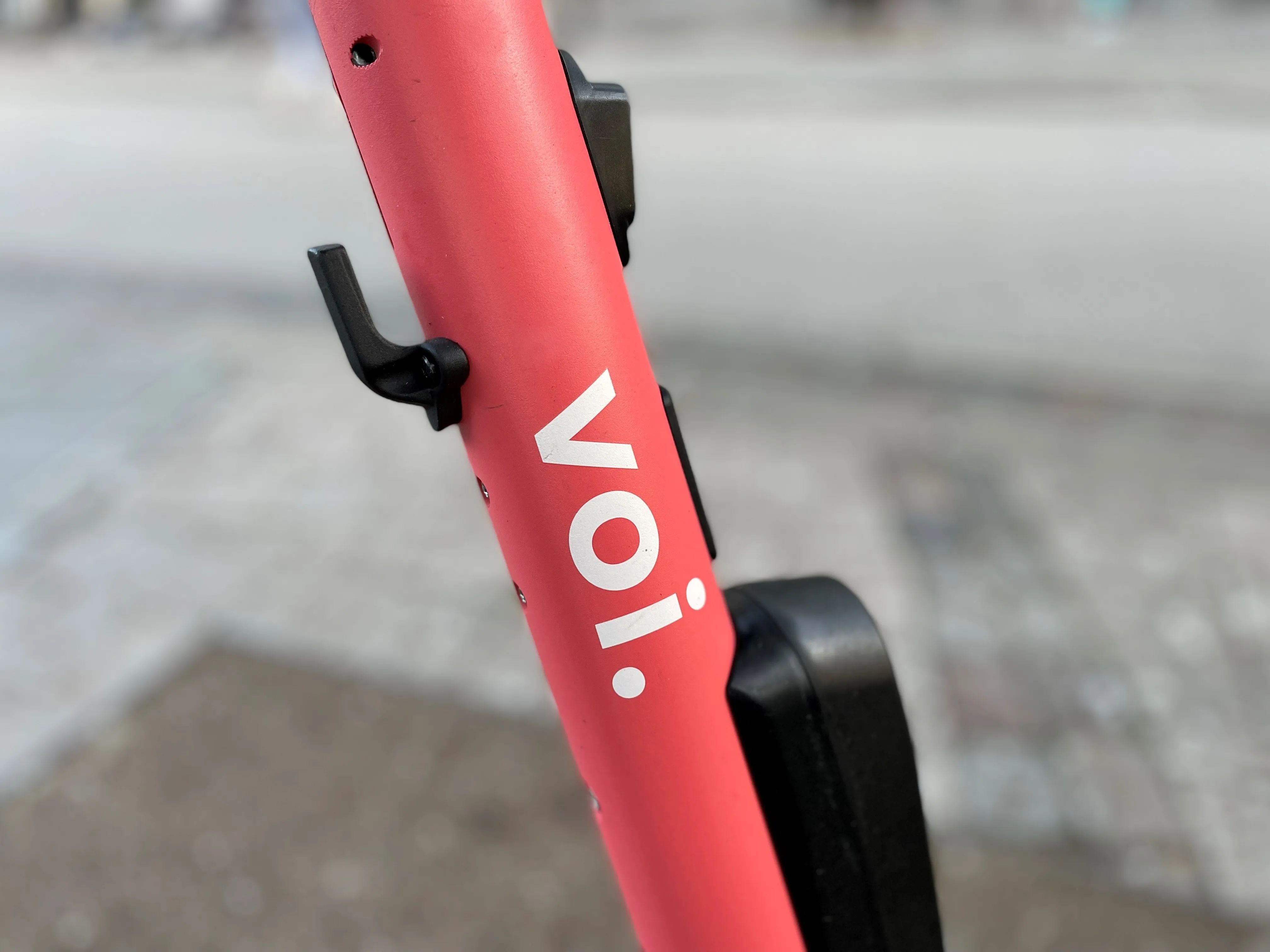On 10 November, the European Parliament’s Transport Committee adopted its report on sustainable urban mobility. FIA Region I welcomes the balanced outcome, which acknowledges that diverse local situations must not be decided upon in Brussels.
Jacob Bangsgaard, FIA Region I Director General, said: “With the population in European cities growing by 2 million each year, policymakers need a clear strategy to bring about the mobility solutions that can meet the needs of city residents. Intelligent Transport
November 11, 2015
Read time: 2 mins
On 10 November, the European Parliament’s Transport Committee adopted its report on sustainable urban mobility. FIA Region I welcomes the balanced outcome, which acknowledges that diverse local situations must not be decided upon in Brussels.
Jacob Bangsgaard, FIA Region I Director General, said: “With the population in European cities growing by 2 million each year, policymakers need a clear strategy to bring about the mobility solutions that can meet the needs of city residents. Intelligent Transport Systems should be swiftly deployed, as they can greatly improve life in European cities. Mobility fosters growth and society suffers when urban transportation is not optimised. There is no ‘one size fits all’ solution.”
The FIA regrets the report's failure to call for mandatory second-phase training for novice drivers, as this system proved an effective road safety strategy in Austria. The TRAN Committee’s report also requested that the Commission to set ambitious car emission performance standards for 2025 and 2030. It encouraged Member States and cities to develop parking policies and launch public awareness campaigns to promote a sustainable mobility.
Following this vote, the text will go to plenary for final approval and eventual consideration by the European Commission for future plans in sustainable urban mobility.
Jacob Bangsgaard, FIA Region I Director General, said: “With the population in European cities growing by 2 million each year, policymakers need a clear strategy to bring about the mobility solutions that can meet the needs of city residents. Intelligent Transport Systems should be swiftly deployed, as they can greatly improve life in European cities. Mobility fosters growth and society suffers when urban transportation is not optimised. There is no ‘one size fits all’ solution.”
The FIA regrets the report's failure to call for mandatory second-phase training for novice drivers, as this system proved an effective road safety strategy in Austria. The TRAN Committee’s report also requested that the Commission to set ambitious car emission performance standards for 2025 and 2030. It encouraged Member States and cities to develop parking policies and launch public awareness campaigns to promote a sustainable mobility.
Following this vote, the text will go to plenary for final approval and eventual consideration by the European Commission for future plans in sustainable urban mobility.








